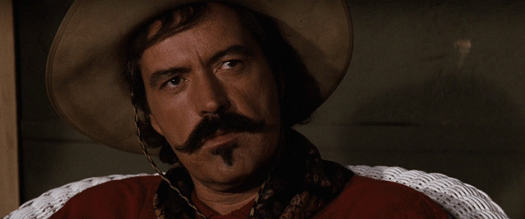Wrong.
All opinions aren't valid if they contradict proven facts.
It is historical fact that Walt didn't believe in aiming only for kids. "If you aim for kids, you're dead," is one of his most famous quotes. His follow-up statement—"The kid in all of us"—refers to a state of mind, not a level of quality.
Yet Walt built attractions like Casey Jr, Storybook Land Canal boats, Dumbo, King Arthur Carousel, and most of the rest of DL's Fantasyland. And the Midgit Autopia, for example, was literally
only for children. Sure, adults do ride some of those attractions today even if they don't have children, but those attractions are
squarely aimed at children. Not to say that's not fine or that adults can't enjoy them, too, but there were plenty of attractions that Walt built where small children were clearly the intended audience. The point is that there are
very few adults without children riding those attractions.
(I know that probably wasn't the point of the trending discussion, but it seemed relevant.)
It is a documented fact that WDI historically believed in an almost impossible standard of quality. Their best projects involved years of research, experimentation, and exploration, all of which culminated in themed environments that were constructed to the highest possible degree with the most cutting-edge technology available. DL, MK, Epcot Center, DLP, DAK, and TDS were obviously not intended to merely entertain kids.
Old-school Imagineers and younger creatives from Disney and Universal would argue that everyone's opinion is NOT valid, because decades of successful theme park design and documentation have proven there is a way that works, and a way that fails. DCA 1.0 versus 2.0 exemplifies the Disney Difference.
I think you're getting caught up in semantics here. You're using the word "opinion" in terms of a business situation, while I think others are mostly referring to opinion as a synonym for "preference". In other words, "it's my opinion that this attraction is fun." You
can't be wrong about that. Whereas, "It's my opinion that this attraction would be successful" could lead to issues if you're designing the attraction and you have nothing else to go on but personal preference. But that's a business environment where you're making moves that impact things. When I say "I love _____," that's what most people mean by opinion, and that's where I can't be "wrong."
What I'm saying is that the word opinion has slightly different meanings in different contexts, and I think taking the word "opinion" out of context and/or using it in different ways causes the debate to become one of trivialities.


